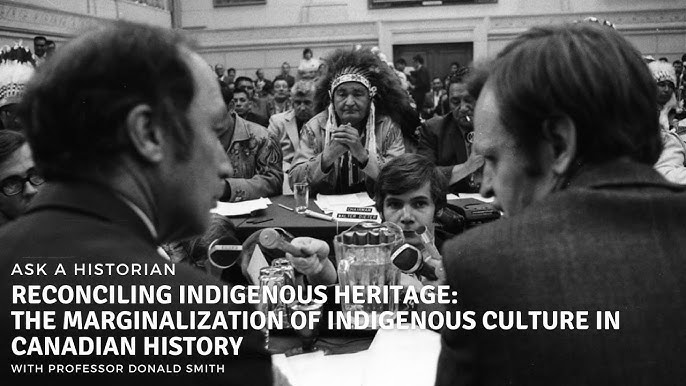Indigenous Arts & Culture on The Edge Amid Policy Changes
The implications of the Trump administration’s attempts to redraft federal cultural institutions, as part of a larger strategy to challenge concepts related to diversity, equity, and inclusion, are posing notable challenges for Indigenous arts and cultural platforms, as stated by their leaders and enthusiasts. Organizations that promote Indigenous arts and cultural activities, in addition to those that emphasize the histories and traditions of other ethnic communities, are disproportionately prone to risk of defunding and further marginalization due to the administration’s policies.
In light of extensive decreases in federal agencies that have been traditionally supporting cultural programs across the country, these institutions have been compelled to resort to their reserves, create new collaborations, reach out to their local communities for financial support, and obtain additional aid from philanthropic bodies. Native Bound Unbound is a digital humanities project that archives records of Indigenous enslavement in the Western Hemisphere.
The Association of Tribal Archives, Libraries and Museums (ATALM) publicized in April 2025, perceiving the proposed abolishing of the National Endowment for the Humanities (NEH) and the Institute of Museum and Library Services (IMLS) as a jeopardy for the future of Indigenous archives, museums, cultural centers, libraries, language programs, and offices for historic preservation in the U.S.
Donald Trump decreed the elimination of non-statutory functions of the IMLS and significant reduction of its statutory functions and workforce to the greatest extent allowed by the law in an executive order called ‘The Reduction of the Federal Bureaucracy’ in March 2025. In a following development in August 2025, the Corporation for Public Broadcasting (CPB) announced cessation of its operations post obtaining a vote by House Republicans that cut down approximately $1.1 billion in funding over two years from the corporation that had been operating for 57 years.
Rebekah Crisanta de Ybarra, an Indigenous artist based in Minnesota and a cultural extension officer for the Maya Lenca Nation, has observed firsthand the impacts of dwindling funding. The Science Museum of Minnesota in St. Paul has had to face layoffs due to federal and state budget cuts, bringing the future of Indigenous programming at the institution, including an intertribal roundtable chaired by Crisanta de Ybarra, under question.
Further, notable discontinuities in funding have affected Indigenous language conservation initiatives, the nation’s only Hopi-language radio station, research projects on Native American boarding schools, and a nationwide infrastructure designated to cement cultural equity by fortifying folklore nationwide.
The National Folklife Network is one such nationwide network initiated with a two-year renewable grant of $1 million from the National Endowment for the Arts (NEA) in 2021. The project was a collaborative endeavor by the Southwest Folklife Alliance, the Alliance for California Traditional Arts, and the First Peoples Fund. The alliance acts as a non-profit partner to the University of Arizona, researching folklore and contributing cultural programming in the Greater Southwest and the U.S.-Mexico Border Corridor.
Maribel Alvarez, director of the National Folklife Network and a professor at the University of Arizona, predicted the grant would be renewed this October. Contrary to her anticipations, the NEA decided not to extend the program, without furnishing any clarification.
The most explicit way through which the Trump administration’s policies disrupt the preservation and production of Indigenous culture is via budget cuts. However, there are additional means, such as restrictions on expression and immigration, and the administration’s harmful terminologies about the nation’s ethnic communities, that contribute to the problem.
To gage the implications of diminished or lost federal funding on tribal cultural establishments and to develop some solutions, ATALM initiated a survey. The association is now collaborating with the progressive legal entity, Democracy Forward, in a bid to safeguard IMLS grants for tribal museaums and libraries. Part of this endeavour involves seeking declarations from individuals who rely on channeled services through these grants.
Furthermore, the association recently named the first-ever director of the Tribal Library Council as a commitment to endorse and facilitate the tasks of tribal libraries across the nation. A grant from the Ford Foundation enabled this appointment.
The above initiative from the Ford Foundation highlights how philanthropic bodies are stepping in and fortifying cultural institutions, which have been at risk due to the rollbacks by the Trump administration. As the future of Indigenous arts and culture remains uncertain, human resilience continues to shine by optimizing all possible resources for holding the fort.

